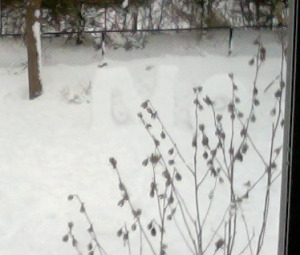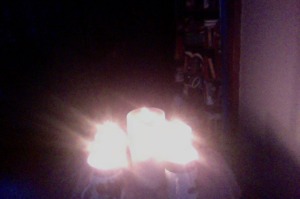Give us this day our daily bread. The Lord’s Prayer
It’s been a hectic five days. A drive to Pennsylvania, a Microtel overnight near the airport, and toting my older son’s bedding and clothes into his new freshman dorm room on day one and two. A 320 mile drive home, a short night and a day of laundry and gardening on day two and three. Day four was a three hour trek to New Hampshire for a visit with my Arizona residing brother and a night in my sister’s home. Then came the family dinner out and the drive back to Wareham with my younger son on day five – all this done just in time to get ready for the beginning of his high school years tomorrow. After that, with a little planning and luck, my family life will return to its usual routine.
Driving home last night, I asked my son what he’d like for his first school lunch: a tuna sandwich on regular bread, cheddar goldfish, homemade chocolate chip cookies, fruit and a full water bottle. After so many days on the road and so many good meals in a variety of restaurants, with his brother living away from home for the first time and a new school year beginning, he just wanted familiar food.
I love trying new restaurants and spending time with siblings who live too far away to see every day. I am happy for my older son beginning his adult life in a new, exciting place. It’s time for my younger son to move from childhood to adulthood. These are blessings I thank God for every day. But it’s all happening at once, and it’s tiring. For that reason, I am grateful for a return to putting healthy, familiar food on my dining table: it’s a nourishing and creative act that feeds the body and restores the soul. Sometimes, the literal take on a prayer is the one that sustains.


